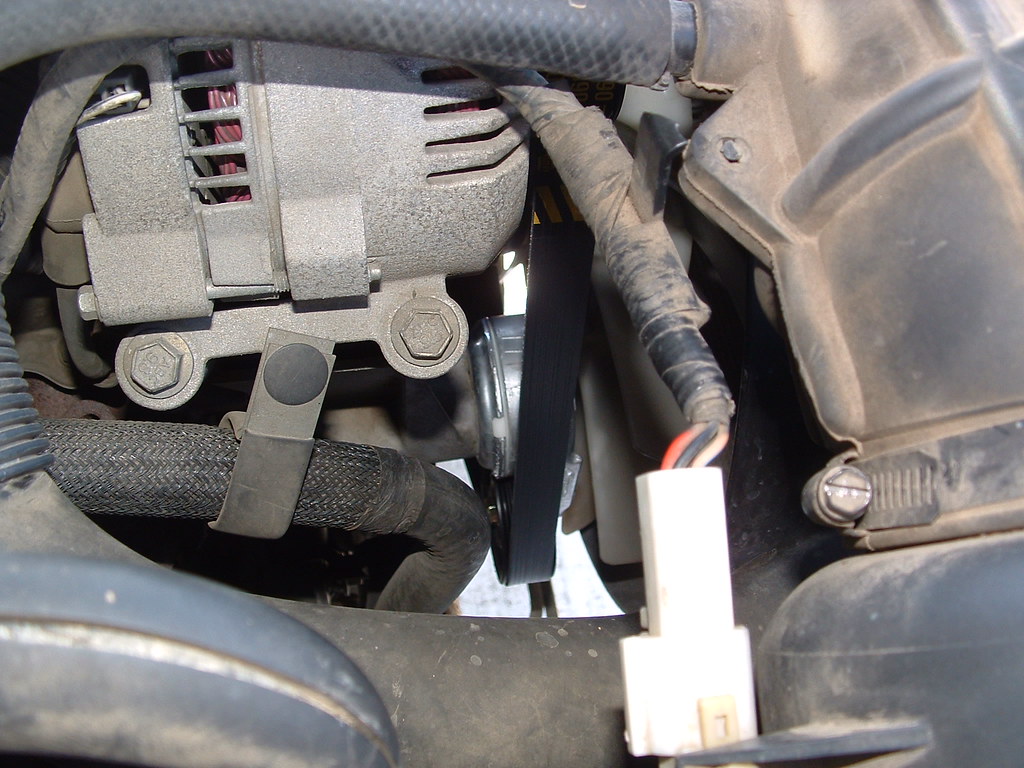Cars can be a great convenience when they work properly. However, they can be frustrating when they break down or develop a problem. Taking your car to a mechanic can be expensive, but you don’t always need to do so. With the right knowledge and tools, many car problems can be fixed at home. In this article, we will outline some of the most common car problems and how you can fix them yourself.

1. A Bad Battery
If your car doesn’t start, it could be due to a dead battery. You can test the battery with a multimeter to see if it has a charge. If it doesn’t, you can jump-start the car with another vehicle or a battery pack. If the battery is old, you may need to replace it. To do so, you will need to disconnect the old battery, remove it from the car, and install the new one.
2. Ignition Coils and Spark Plugs
If your car is misfiring or running rough, it could be due to faulty ignition coils or spark plugs. You can check the spark plugs to see if they are worn or damaged. If they are, you can replace them. Ignition coils can also be tested to see if they are working properly. If they are not, they will need to be replaced.
3. Fuel System Issues
If your car is sputtering or stalling, it could be due to a problem with the fuel system. The fuel filter may be clogged, or the fuel pump may be failing. You can replace the fuel filter yourself, but the fuel pump is more complicated and may require a mechanic. You can also check the fuel injectors to see if they are dirty or clogged. If they are, you can clean them with a fuel system cleaner.
4. Change Your Motor Oil Regularly
Regular oil changes are essential to keeping your car running smoothly. Over time, oil can become dirty and thick, which can damage the engine. You can change your oil yourself by draining the old oil, replacing the oil filter, and adding new oil. Be sure to check your car’s owner’s manual for the recommended oil type and capacity.
5. Tire Troubles
Flat or worn tires can be a safety hazard. You can check your tire pressure with a gauge and inflate or deflate them as needed. If your tires are worn or damaged, you can replace them. You can also rotate your tires regularly to ensure they wear evenly.
6. Exhaust System Problems
If your car is making loud noises or emitting strange smells, it could be due to a problem with the exhaust system. You can check for leaks or damage in the pipes, muffler, and catalytic converter. If there is a problem, you may need to replace the affected parts.
Conclusion
Fixing common auto repair problems at home can save you time and money. However, it is important to remember that some problems are more complicated than others and may require a professional mechanic. With the right tools and knowledge, you can tackle many common car problems yourself and keep your car running smoothly.
FAQs
- How often should I change my car’s oil?
- It is recommended to change your car’s oil every 5,000 miles or every six months, whichever comes first.
- Can I use any type of oil in my car?
- No, it is important to use the oil recommended by the car manufacturer. Refer to your car’s owner’s manual for the recommended type and viscosity of oil.
- How can I tell if my spark plugs need to be replaced?
- Look for signs of wear, such as cracks or corrosion.
